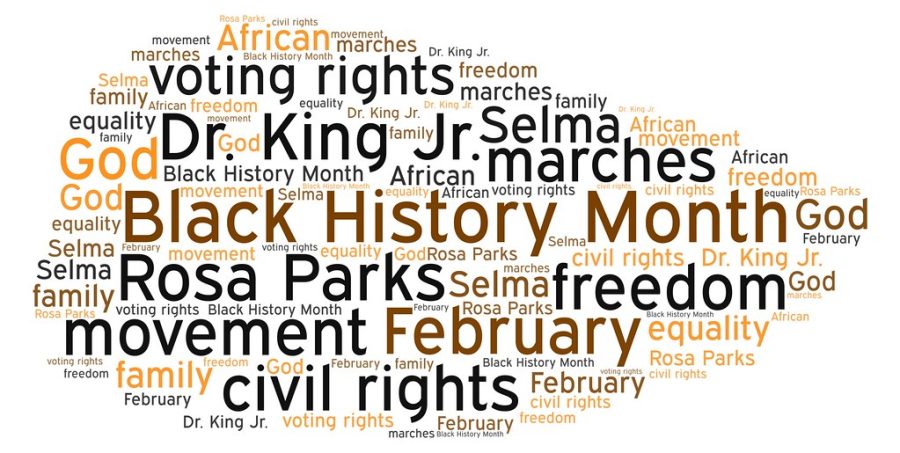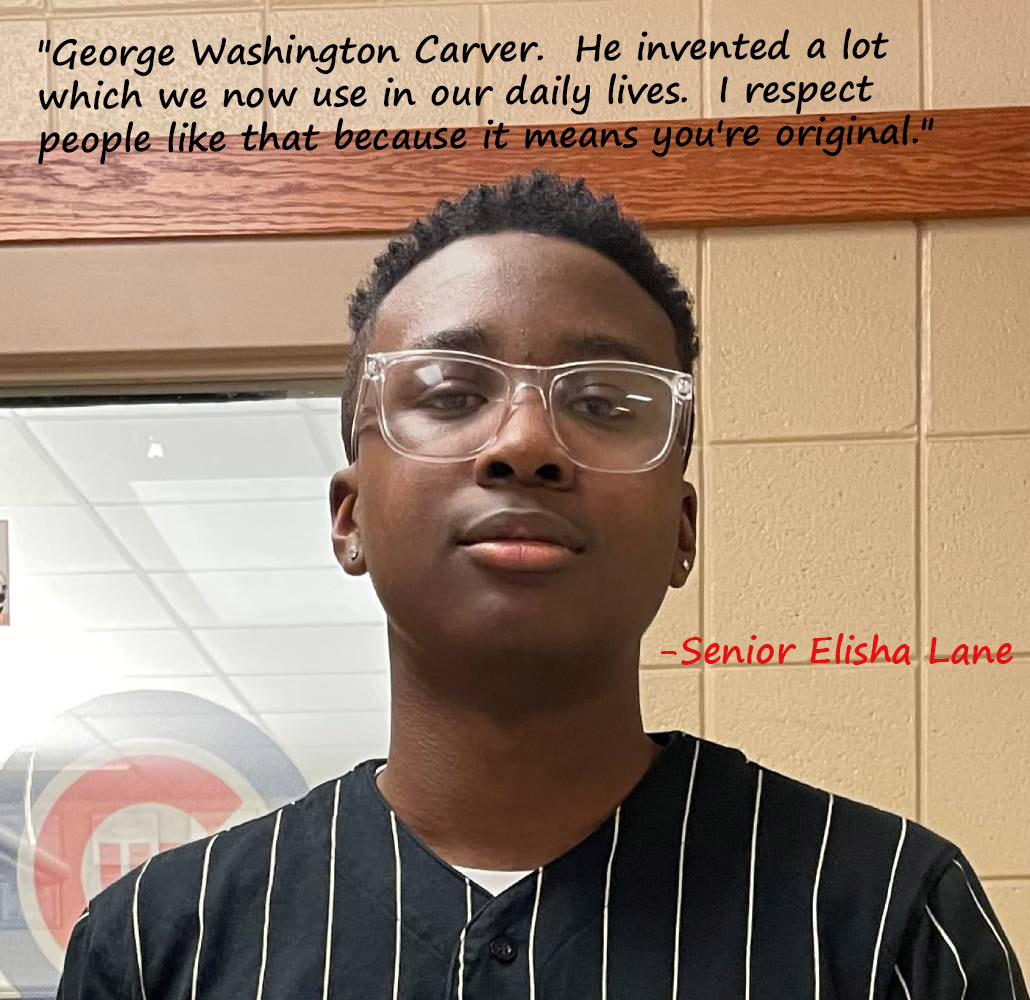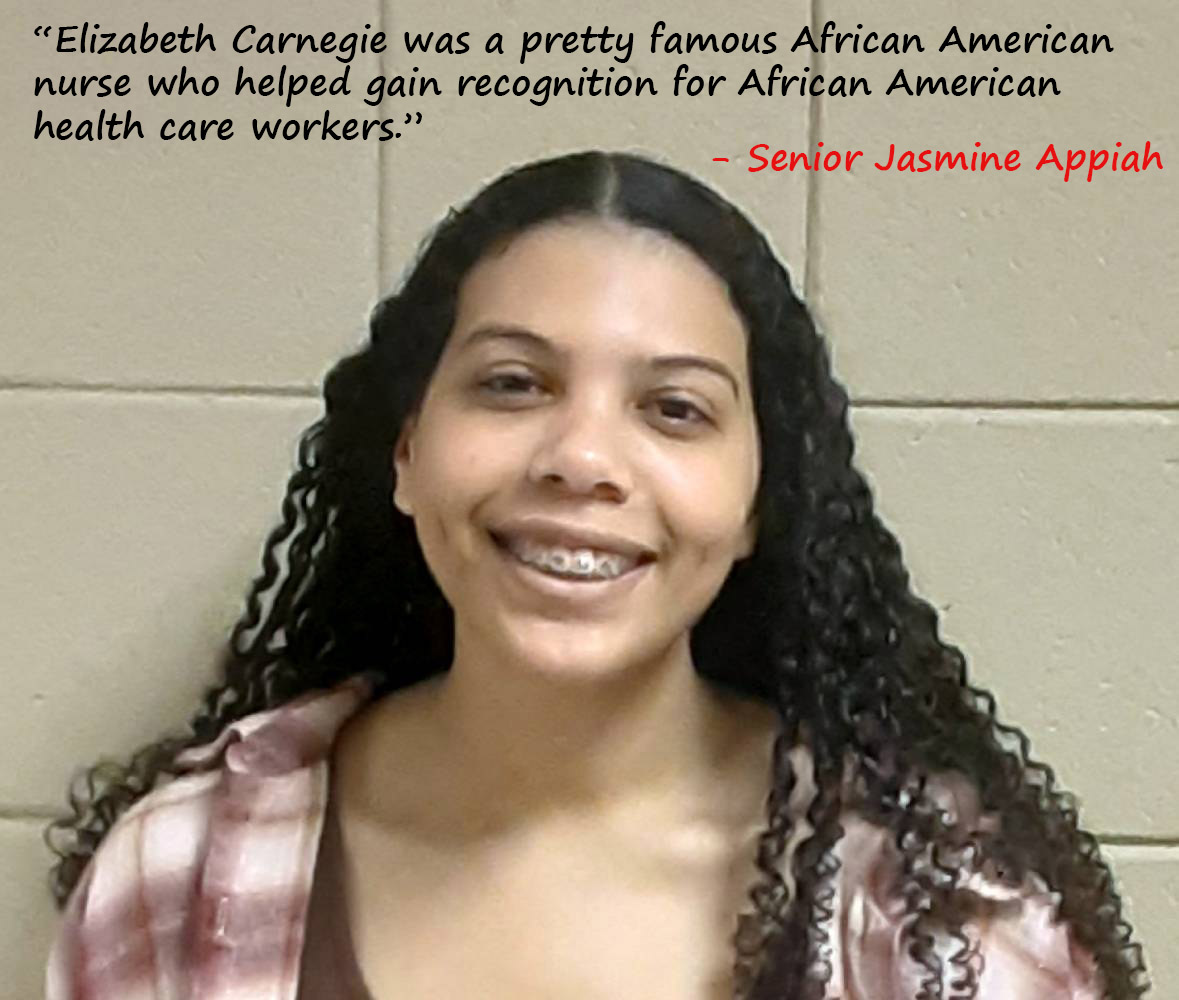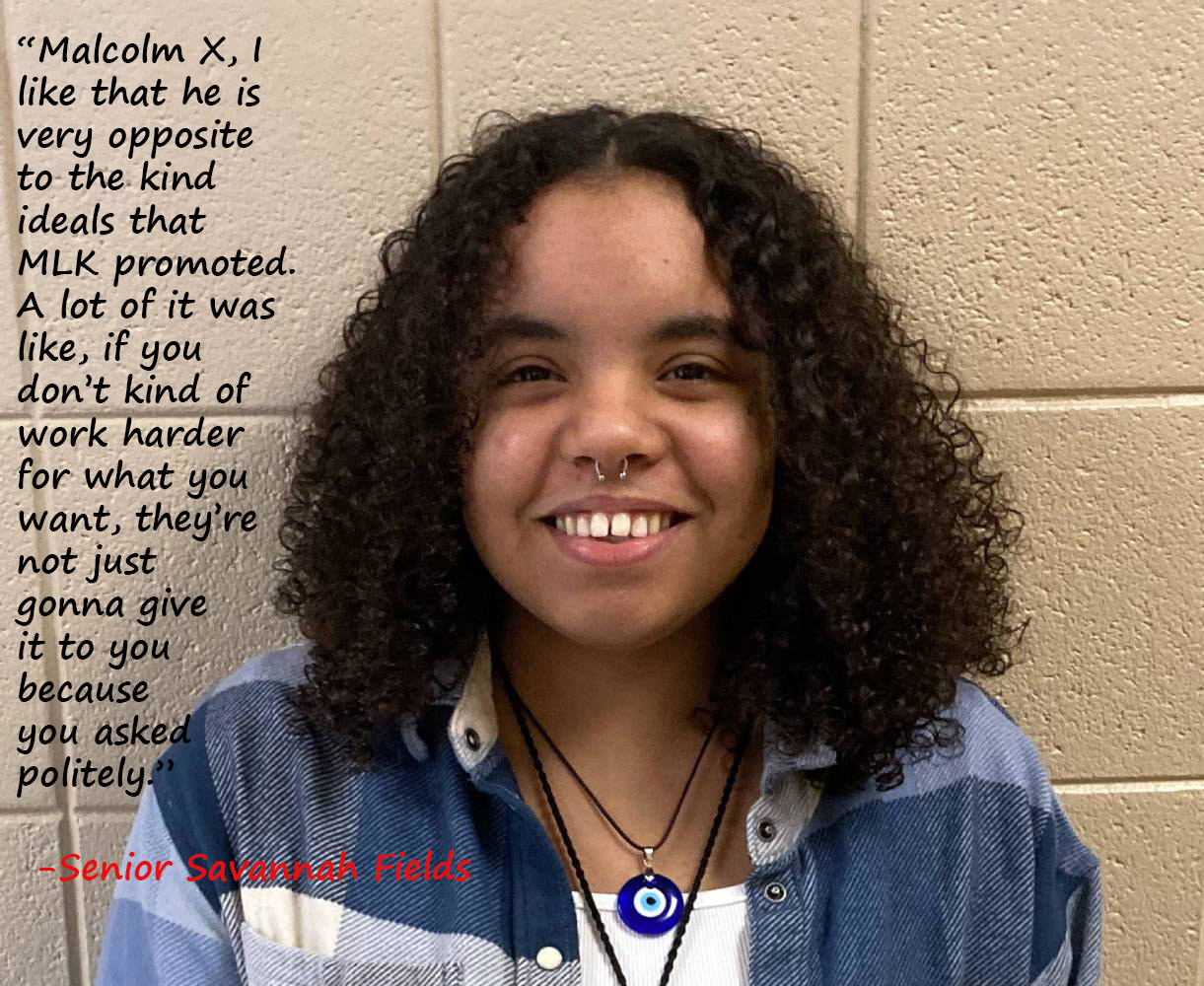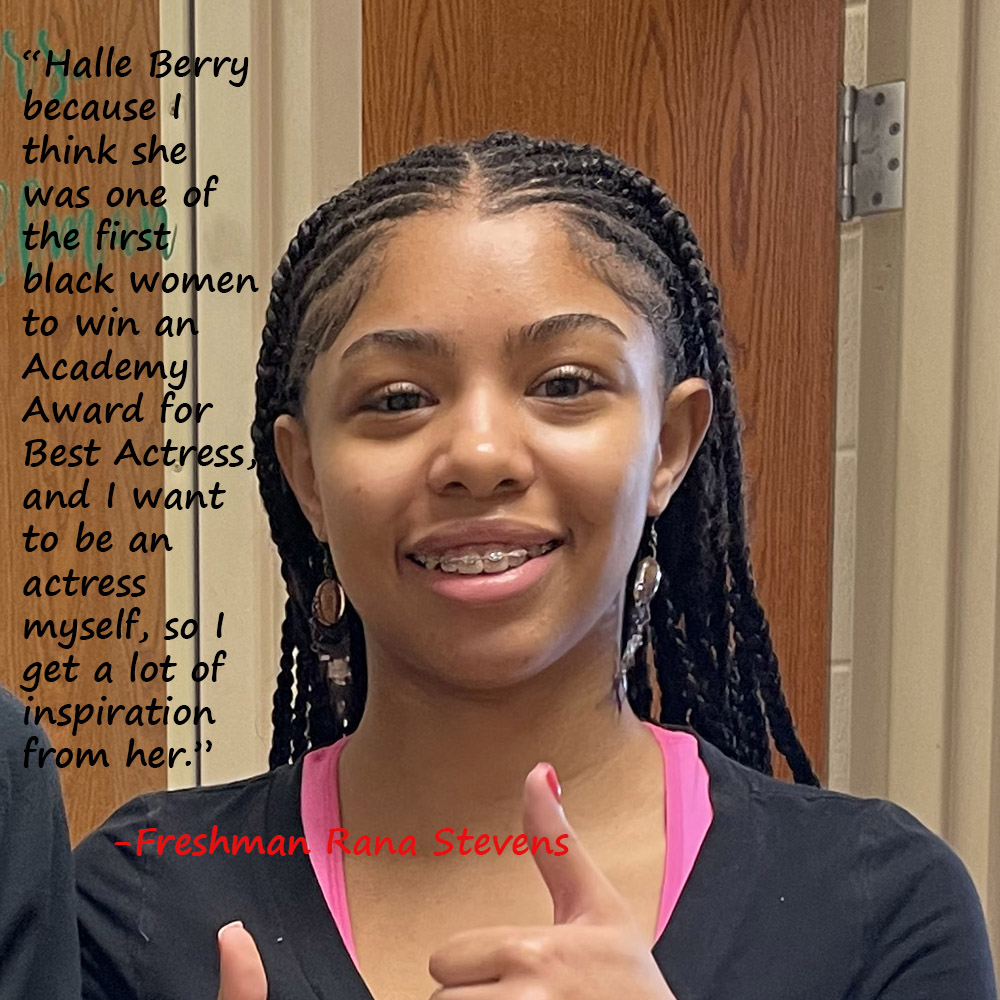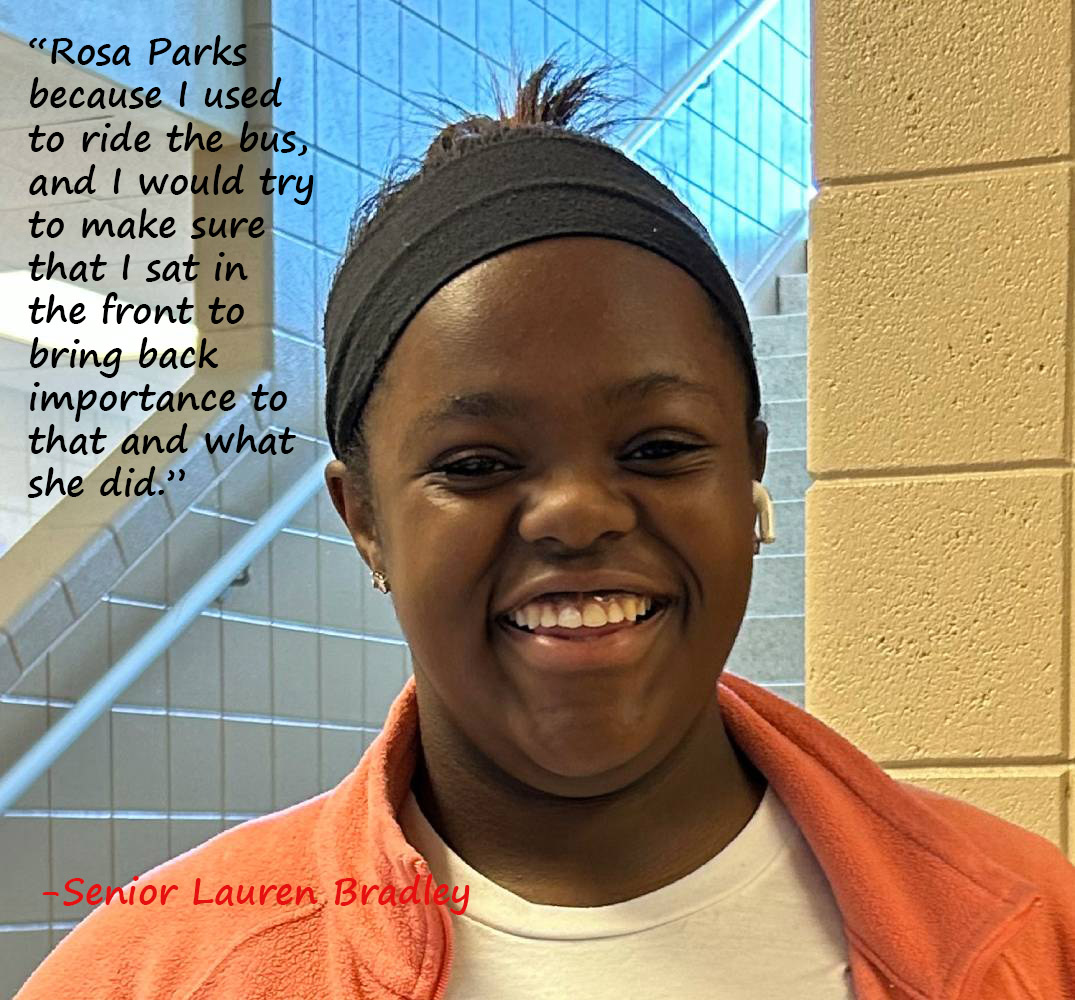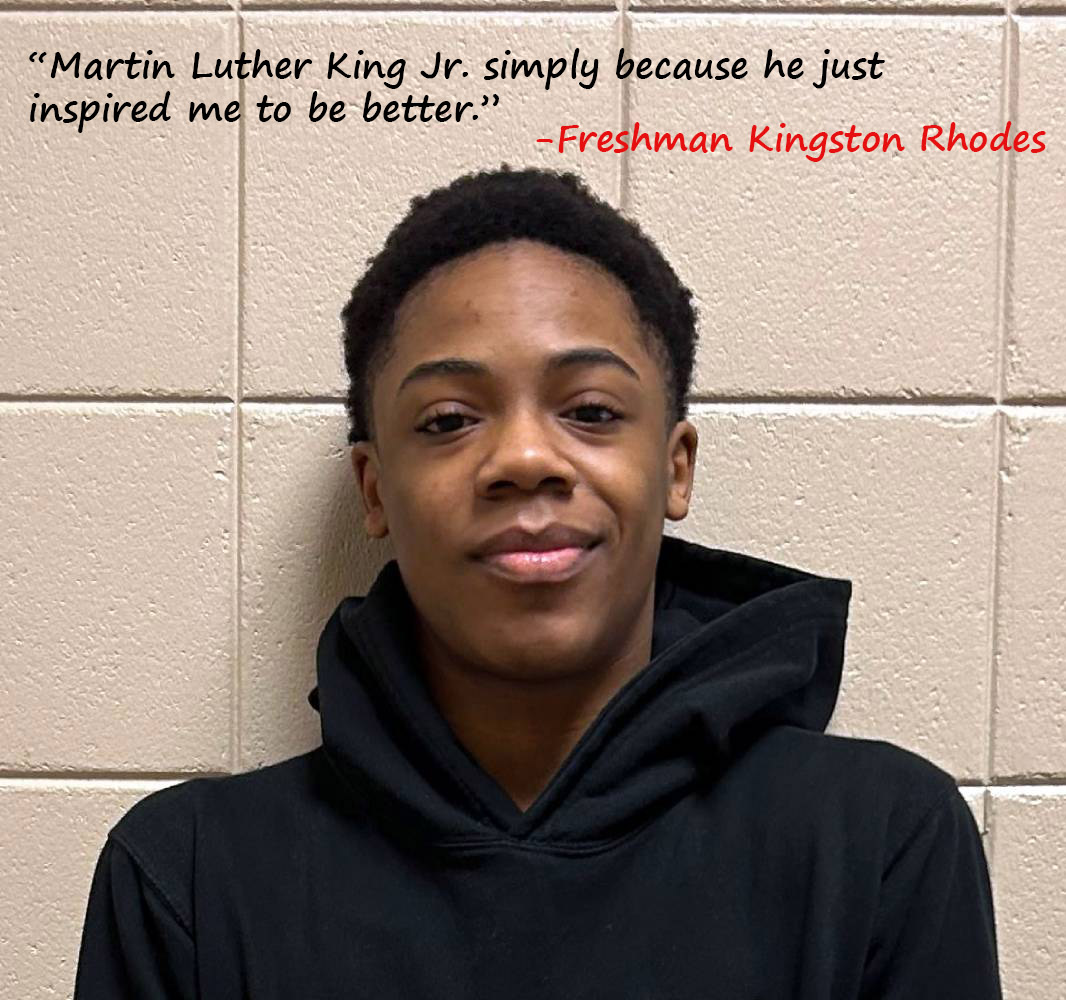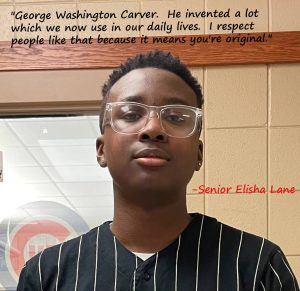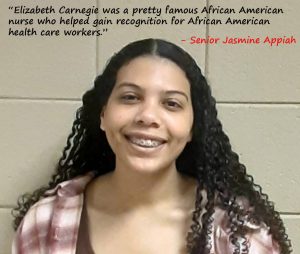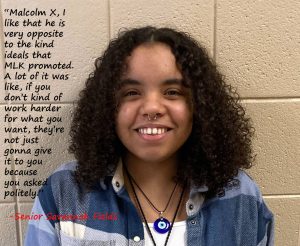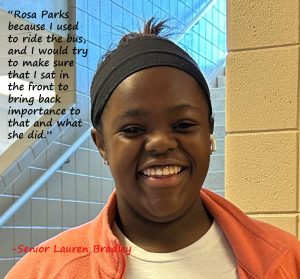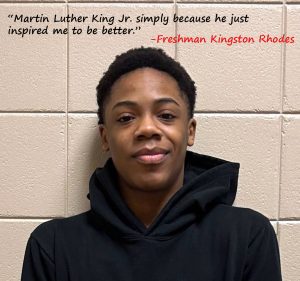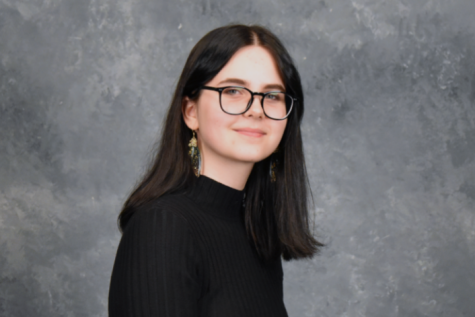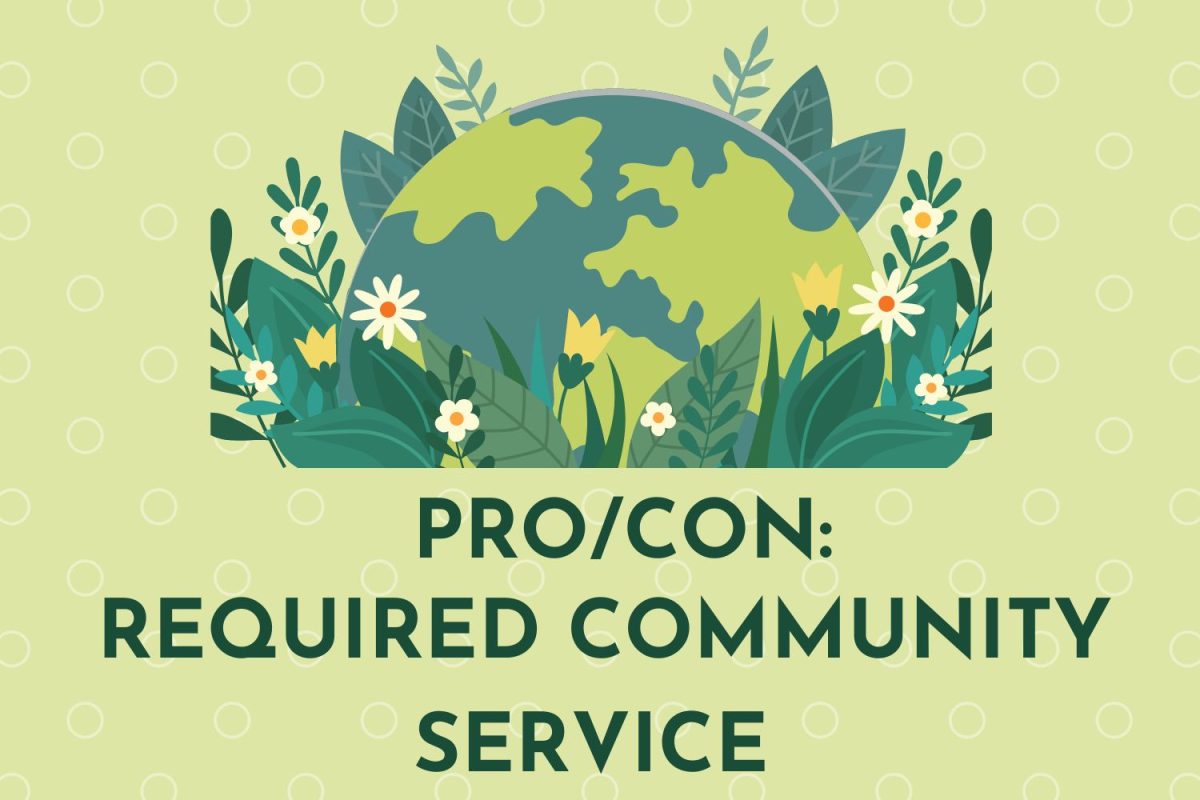Celebrating Black History
February 23, 2023
“History has shown us that courage can be contagious, and hope can take on a life of its own.” – Michelle Obama
“Black History Month is the recognition of what our people went through and what we are still going through,” freshman Kingston Rhodes said. “It’s a month to represent our people.”
Black History Month was officially recognized by former President Gerald Ford in 1976, long after Carter G. Woodson first set out in 1926 to educate people on both Black culture and the overall history behind it all. This month is specifically devoted to honoring the achievements of African Americans in every aspect of history, paying homage to the triumphs and struggles experienced from both the far back past and into the present.
While Black History Month consists of this same universal definition across the people, there are many of those who have their own personal meaning to it that stretches past this idea.
“For the most part, Black History Month means the culture that surrounds it,” senior Elisha Lane said. “There’s a lot of history in being black, especially in this area. For the most part, African culture is Black heritage, Black success, Black excellence, and I think that should be at the forefront of Black History Month.”
This celebration expands beyond a month to be privately acknowledged by people, stretching into both inside and outside of the classroom along with the relationships shared among each other.
As Crown Point continues to grow from the one small town barely recognizable on the map to a widely recognized hot spot in the state of Indiana, diversity is growing, population is booming, and relationships are blossoming among old and new neighbors.
CPHS celebrates various cultures each student holds by promoting these celebrations in their classrooms and even in their extracurriculars.
Senior Elisha Lane said, “It’s getting more diverse. Originally, there weren’t a ton of people, but now we are getting to a point where I’m starting to see more Black people in the hallways, so I think it’s just a matter of being more accepting of everyone that’s coming in. The more people come in, the more it’s going to be important that we accept all of them and treat them equally so then no one feels spurned or left out.”
Students were asked how the high school could add a stronger support network throughout the daily activities to feel more inclusivity.
Seniors Savannah Fields and Jasmine Appiah remarked that adding announcements in the morning spanning past just being in the month of February would be a nice start while other students like senior Elisha Lane even wish for there to be new classes that would discuss African history.
Recognizing the history of our students’ families is also a way to connect the pursuits of our students.
“As a daughter of an African immigrant from Ghana, It’s really important to get the recognition,” senior Jasmine Appiah said.
Students here also hold famous figures dear as role models and inspiration for a life fully lived. From actresses to nurses to activists, students can relate to the creativity and innovation of celebrities who have changed the world.
“Halle Berry because I think she was one of the first black women to win an Academy Award for Best Actress, and I want to be an actress myself, so I get a lot of inspiration from her,” freshman Rana Stevens said.
“George Washington Carver. He invented a lot which we now use in our daily lives. I respect people like that because it means you’re original,” Elisha Lane said.
“Elizabeth Carnegie was a pretty famous African American nurse who helped gain recognition for African American health care workers,” senior Jasmine Appiah said.
Senior Lauryn Bradley said, “Rosa Parks because I used to ride the bus, and I would try to make sure that I sat in the front to bring back importance to that and what she did.”
“Martin Luther King Jr. simply because he just inspired me to be better,” freshman Kingston Rhodes said.
“Malcolm X, I think,” senior Savannah Fields said. “I like that he is very opposite to the kind ideals that MLK kind of promoted. A lot of it was like, if you don’t kind of work harder for what you want, they’re not just gonna give it to you because you asked politely.”
As we close February, we must remember that black history is more than a month — it’s an ongoing celebration of achievements, heritage, triumphs and adversities that are embedded in our country’s history.


